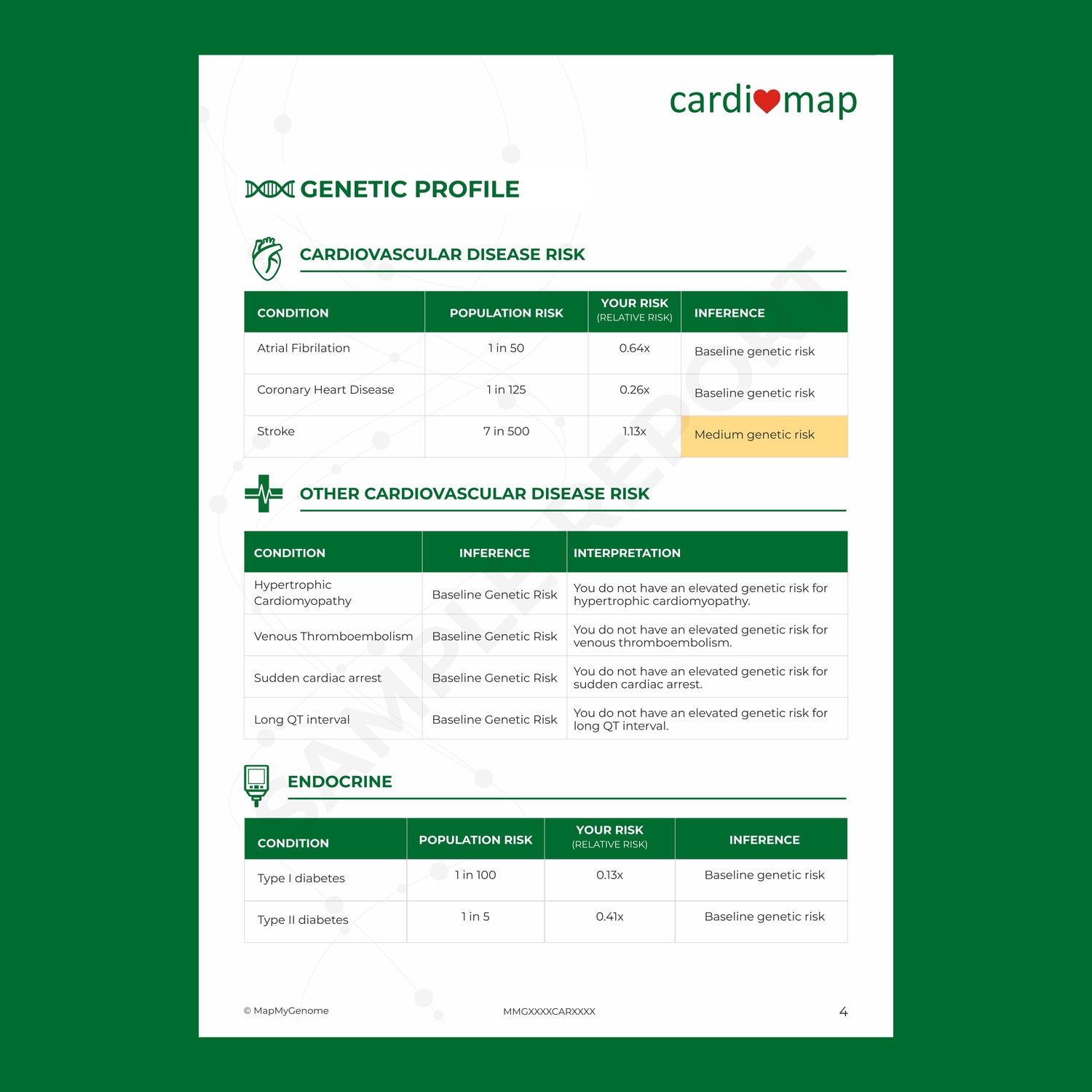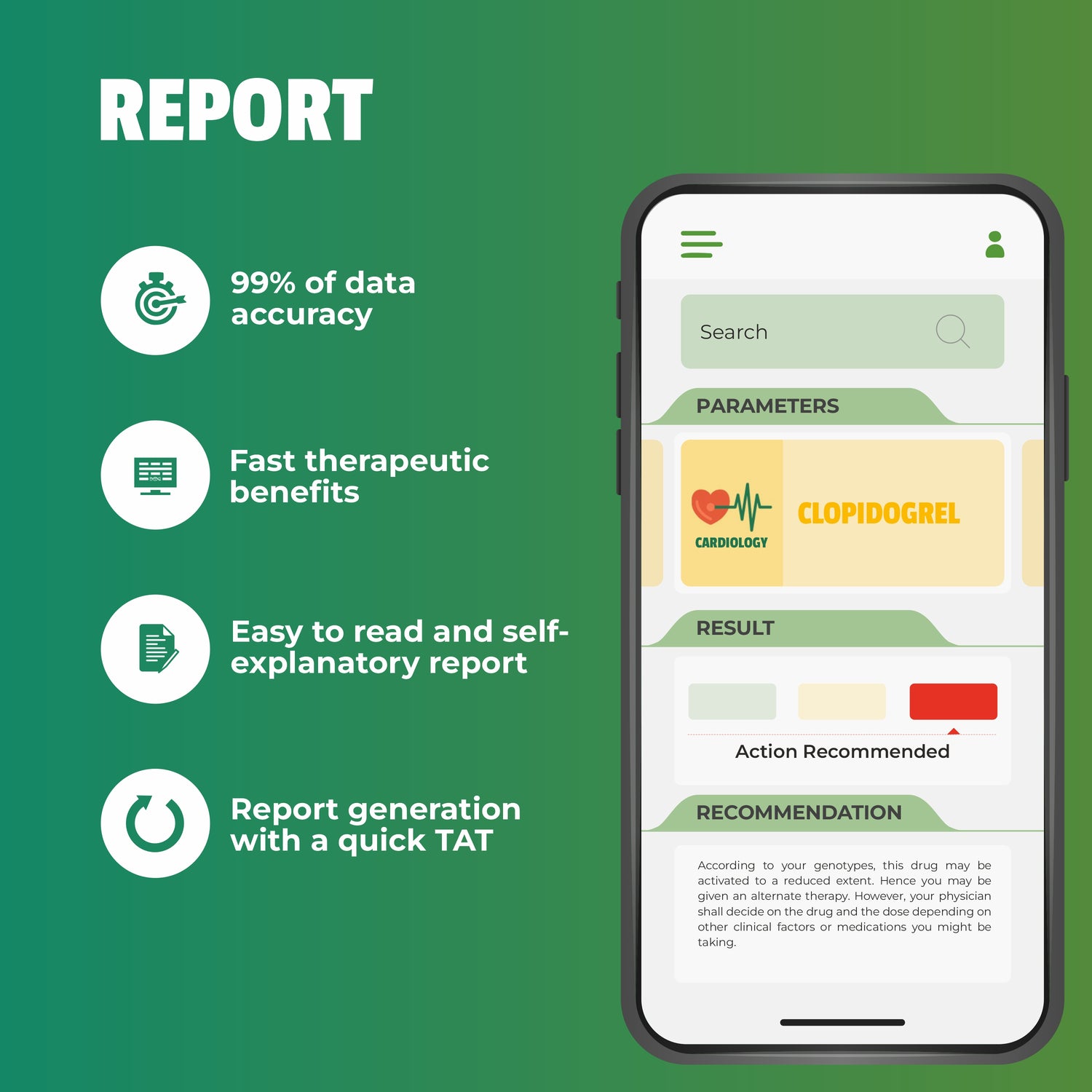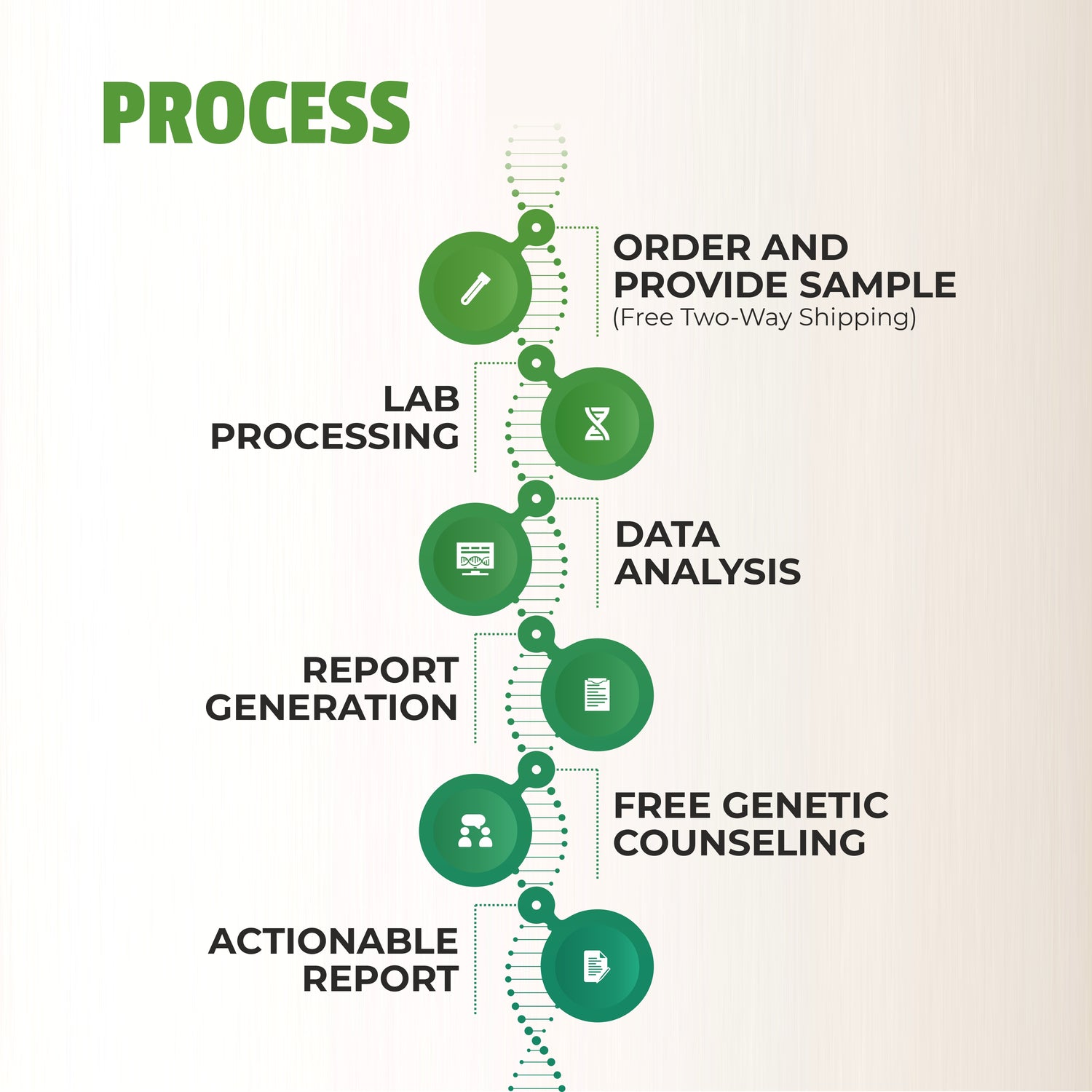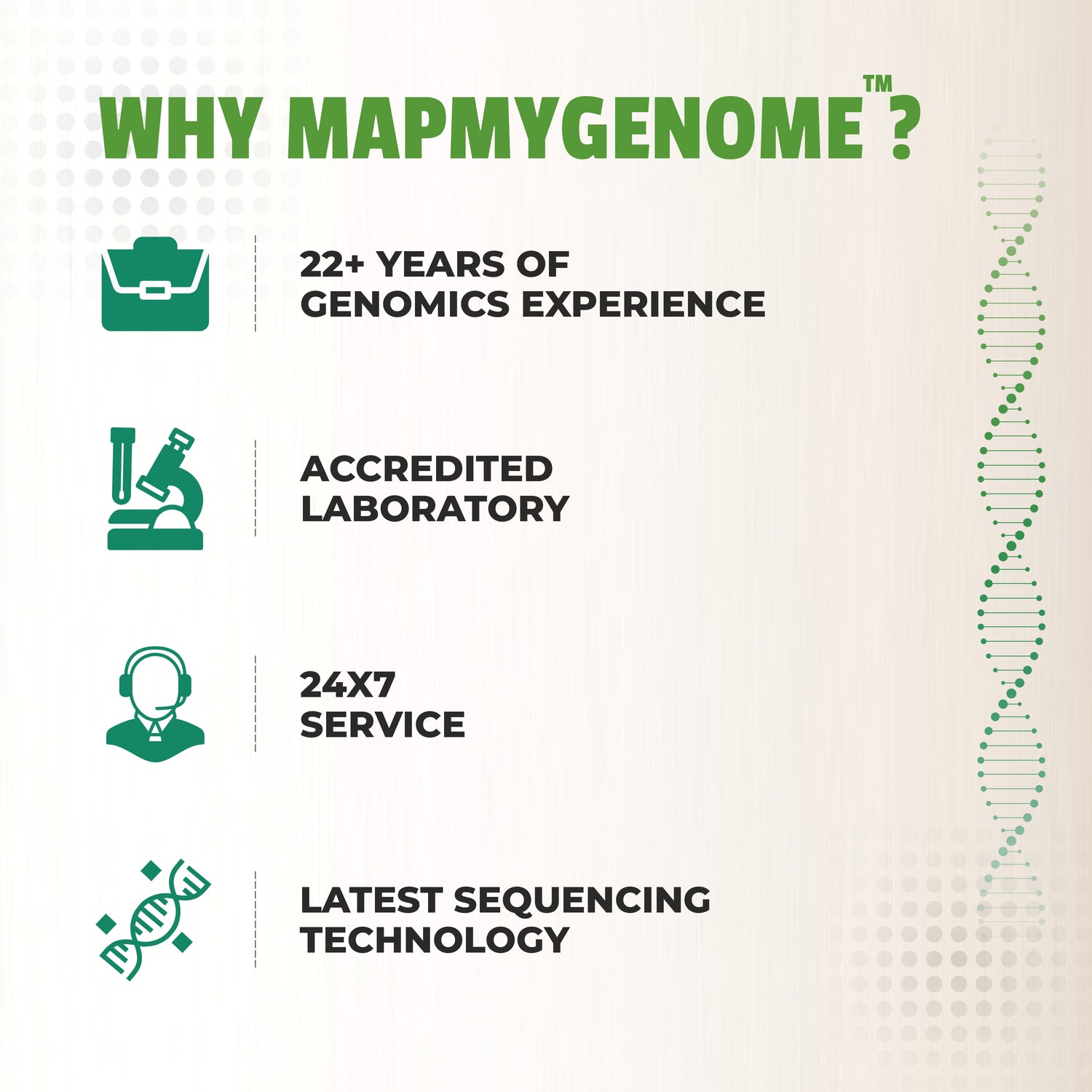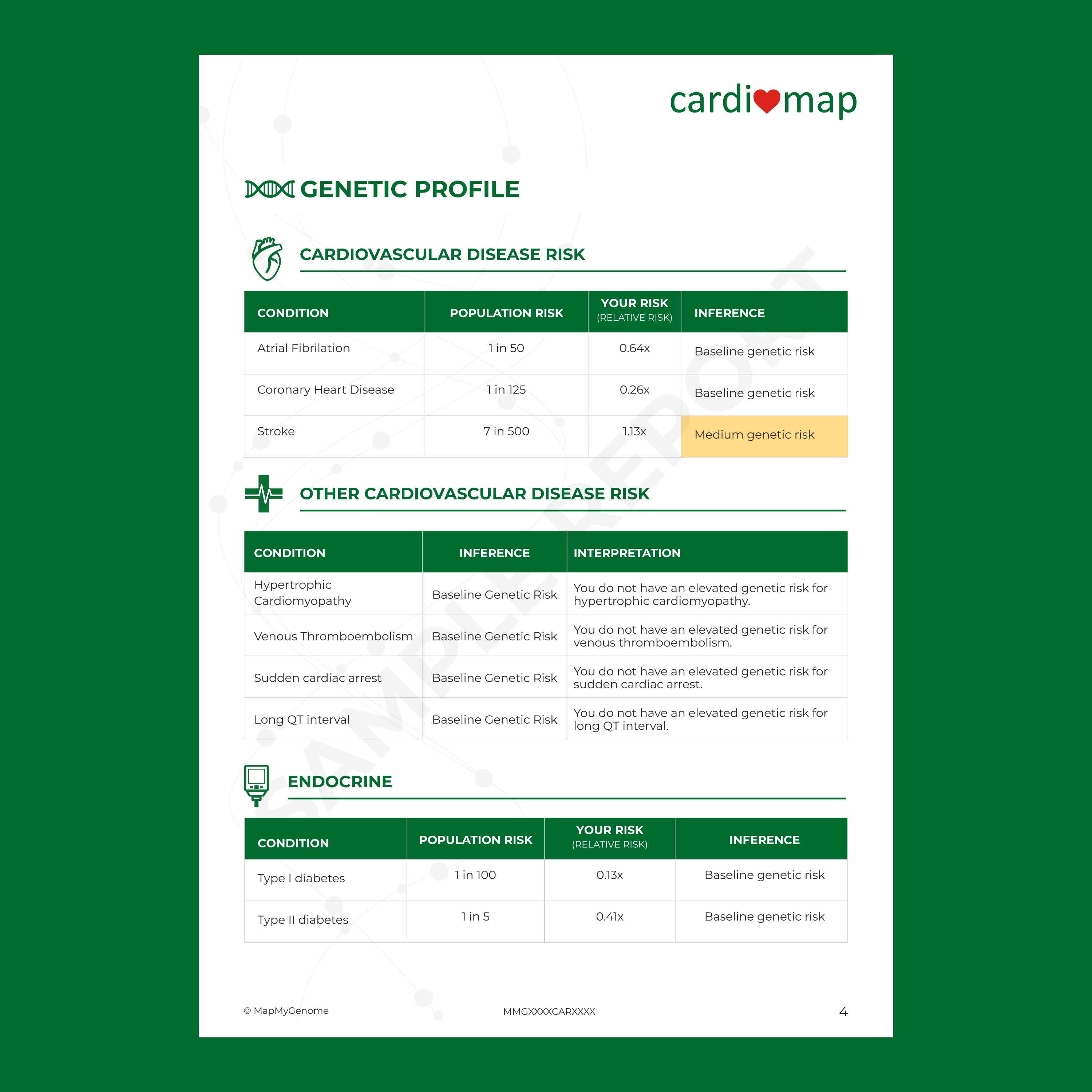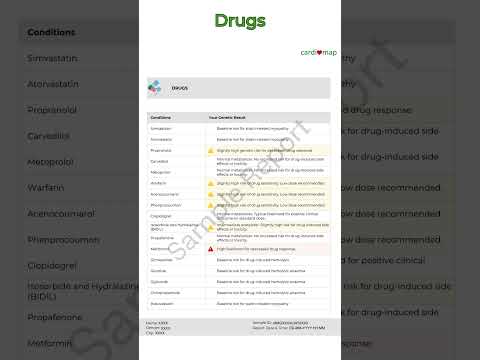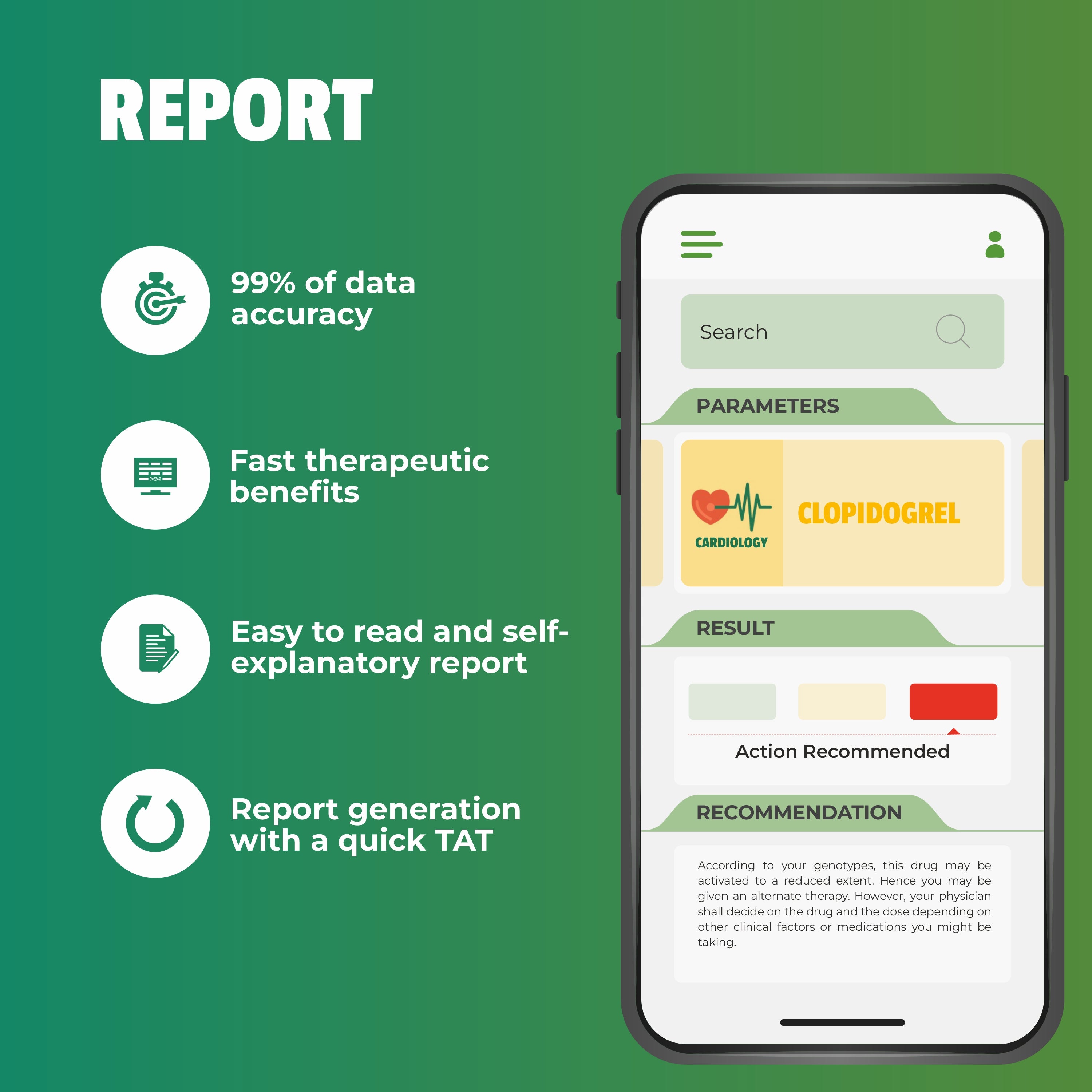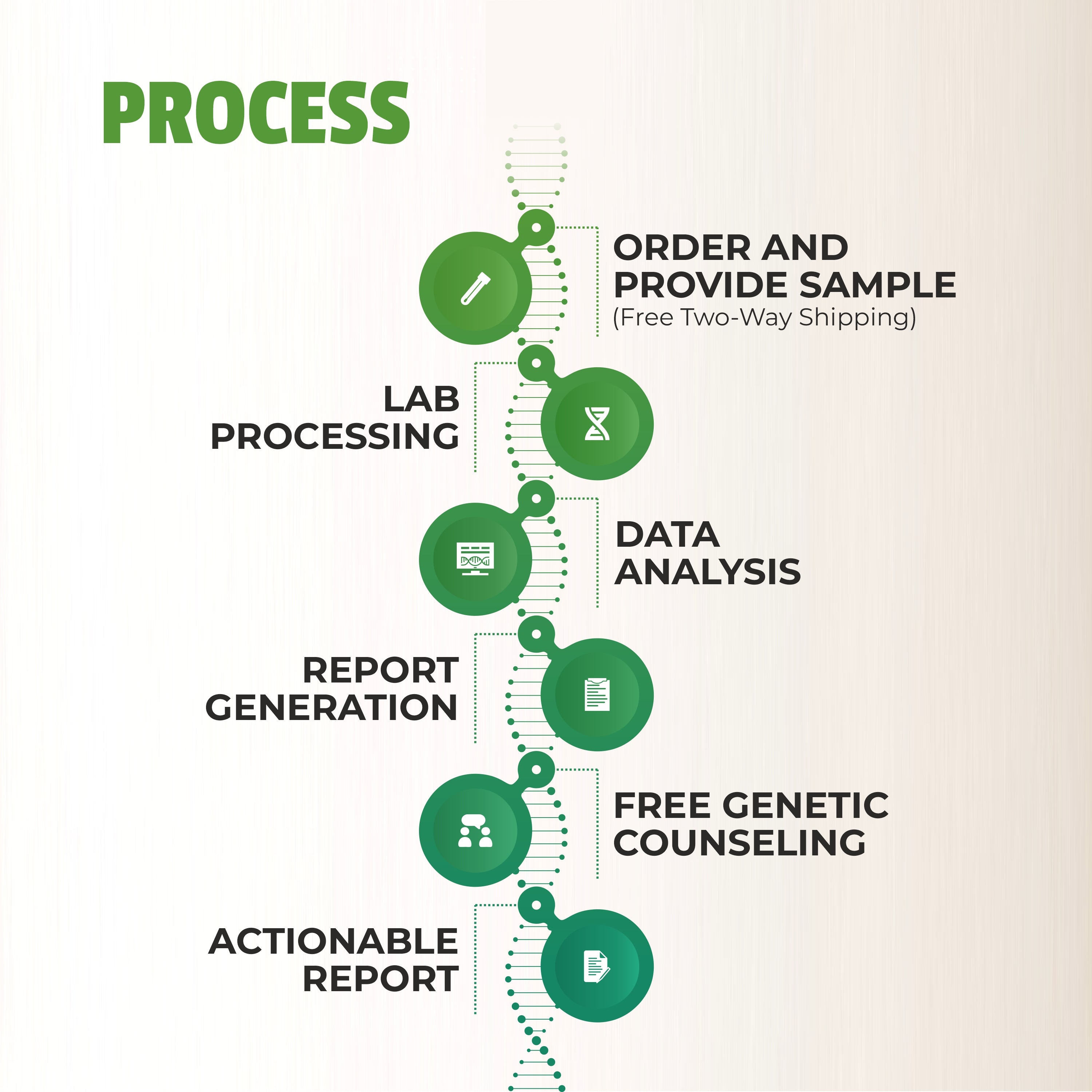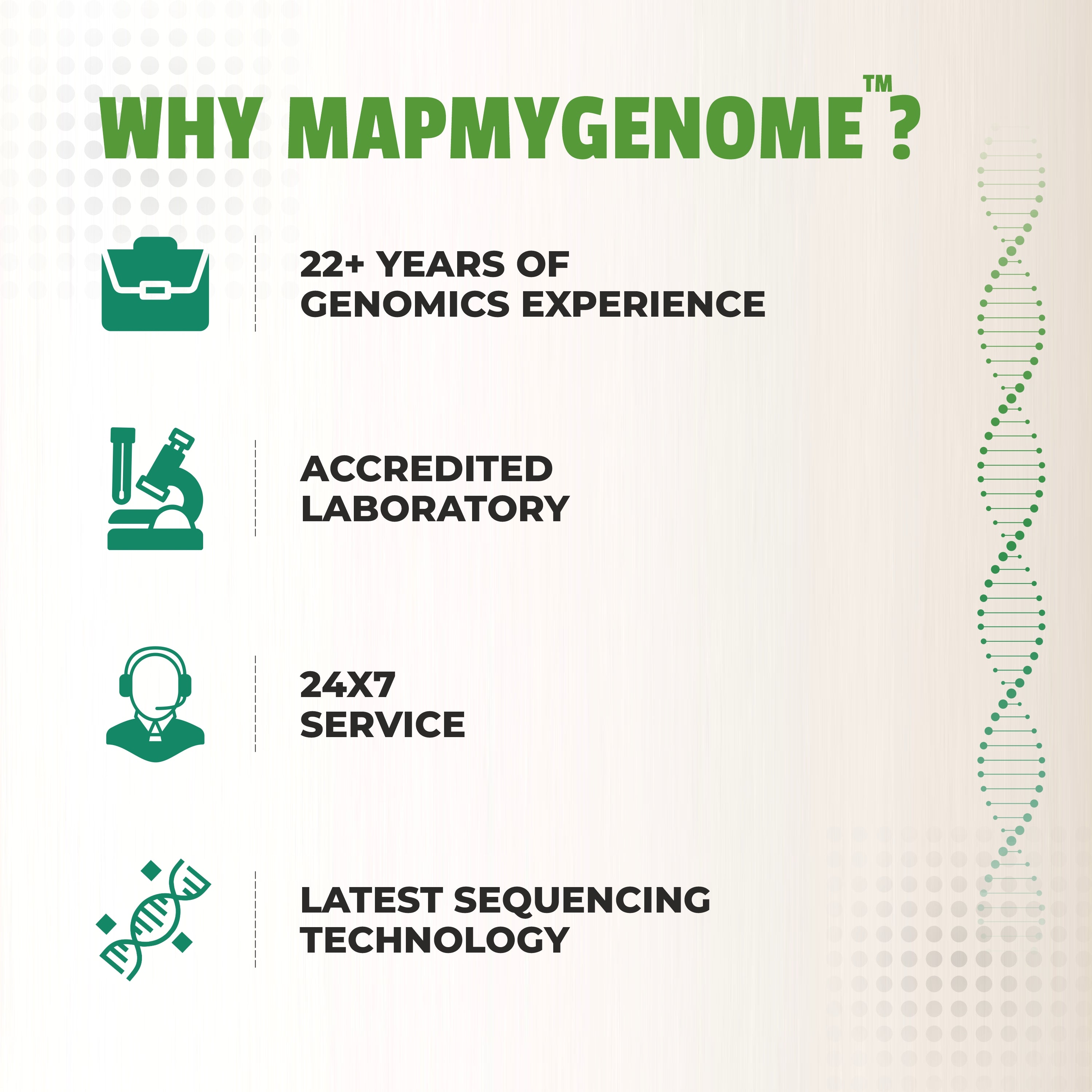Heart disease remains one of the leading causes of death globally, with millions of people affected every year. While lifestyle factors such as diet, exercise, and smoking are well-known contributors, genetics also play a crucial role in determining an individual's risk for developing cardiovascular conditions. This article delves into how genetic testing can help identify your predisposition to heart disease and empower you to take proactive steps in managing your health.
Understanding Genetic Predisposition to Heart Disease
Genetics refers to the study of genes, the fundamental units of heredity that are passed down from parents to their children. Your genetic makeup can significantly influence various traits, including your risk for certain diseases. When it comes to heart disease, genetic predisposition means that you may have inherited gene variants that increase your likelihood of developing cardiovascular conditions, such as coronary artery disease, arrhythmias, or hypertension.
Several genes have been identified as playing a role in heart disease. For example, mutations in the LDLR gene can lead to familial hypercholesterolemia, a condition characterized by high cholesterol levels that increase the risk of heart attacks at a young age. Similarly, variations in the APOB and PCSK9 genes can also affect cholesterol metabolism and contribute to cardiovascular risk.
The Importance of Genetic Testing for Heart Disease
Genetic testing has revolutionized the way we approach the prevention and management of heart disease. By analyzing your DNA, a genetic test can identify specific gene variants associated with an increased risk of cardiovascular conditions. This information can be invaluable in guiding personalized healthcare decisions, allowing you and your healthcare provider to develop a tailored plan for heart health.
-
Early Detection and Prevention: One of the most significant advantages of genetic testing is its ability to identify risk factors before symptoms appear. For example, if a genetic test reveals that you have a predisposition to high cholesterol or hypertension, you can take early action by making lifestyle changes, such as adopting a heart-healthy diet, increasing physical activity, or starting medications to manage your risk.
-
Personalized Treatment Plans: Genetic testing can also help tailor treatment plans for individuals who already have heart disease. For instance, some people may respond better to certain medications based on their genetic profile. By understanding your genetic predisposition, your healthcare provider can select the most effective treatment options, reducing the likelihood of adverse reactions and improving outcomes.
-
Family Planning: If you have a family history of heart disease, genetic testing can provide insights into the risk your children may inherit. This information can be valuable for family planning and early interventions to reduce the risk of heart disease in future generations.
How Does a Cardiovascular Genetic Test Work?
A cardiovascular genetic test typically involves collecting a sample of your DNA, often through a simple saliva or blood test. The sample is then analyzed in a laboratory to identify specific gene variants associated with heart disease. The results are usually provided in a detailed report, which includes information on your genetic predisposition to various cardiovascular conditions and recommendations for managing your risk.
One example of a genetic test that can assess your risk for heart disease is MapmyGenome's Cardiomap. This comprehensive test examines multiple genes associated with cardiovascular health, providing you with personalized insights into your risk factors. Cardiomap not only helps you understand your genetic predisposition but also offers actionable steps you can take to reduce your risk of heart disease.
Taking Control of Your Heart Health
While genetic predisposition plays a significant role in heart disease, it's important to remember that it is just one piece of the puzzle. Lifestyle factors, such as diet, exercise, smoking, and stress management, also play a critical role in determining your overall cardiovascular health. By combining the insights gained from genetic testing with a heart-healthy lifestyle, you can significantly reduce your risk of heart disease.
-
Adopt a Heart-Healthy Diet: Focus on a diet rich in fruits, vegetables, whole grains, lean proteins, and healthy fats. Reduce your intake of processed foods, saturated fats, and added sugars.
-
Stay Physically Active: Aim for at least 150 minutes of moderate-intensity exercise per week. Activities like walking, swimming, and cycling can help improve cardiovascular health.
-
Manage Stress: Chronic stress can contribute to heart disease. Practice stress-reducing techniques, such as meditation, deep breathing, or yoga.
-
Avoid Smoking: Smoking is a significant risk factor for heart disease. If you smoke, seek support to quit, and avoid exposure to secondhand smoke.
-
Regular Check-Ups: Regular health check-ups can help monitor your heart health and catch any issues early. Discuss your genetic test results with your healthcare provider to develop a personalized prevention plan.
Conclusion
Genetic testing offers a powerful tool for understanding your risk of heart disease and taking proactive steps to protect your heart health. By identifying genetic predispositions and combining them with a heart-healthy lifestyle, you can reduce your risk of developing cardiovascular conditions and live a longer, healthier life. If you're concerned about your heart health or have a family history of heart disease, consider undergoing a cardiovascular genetic test like Cardiomap to gain valuable insights into your genetic makeup and take control of your heart health.




